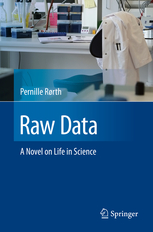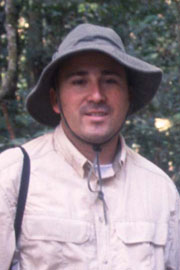
A promising early career researcher has been dismissed from her post at the National Center for Cardiovascular Research (CNIC) in Spain, following “an alleged ongoing fraud,” according to El Pais.
We don’t know what exactly the internal investigation into Susana González’s work found; El Pais relied on anonymous sources, and the CNIC confirmed only that they dismissed her on February 29th. There are allegations against her work on PubPeer, but we don’t know what role those played in the investigation.
(We had the story translated; here’s a PDF of the article in English.)
González denies that she committed misconduct, the paper reports:
Continue reading Stem cell researcher in Spain dismissed following investigation






